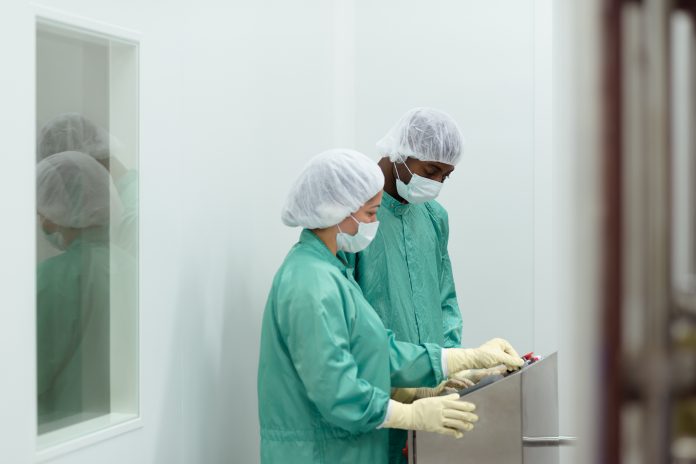The leaked draft of the European Innovation Agenda finds that research salaries are generally higher in the US and Japan, while currently 85% of start-up funding goes to all-male teams
The document outlines how the European Commission wants to elevate innovation across the bloc, especially when it comes to retaining talent and creating a stronger, more well-funded research infrastructure.
The draft document suggests new innovation and research goals
According to the draft, seen initially by Science|Business, the Commission will push five major initiatives to competitively enter the global innovation market. At the moment, the EU suffers from losing academics and researchers to countries which offer better research salaries, funding structures and innovation ecosystem.
The plan also reiterates publicly acknowledged goals, like “weaning off” Russian sources of energy by 2030.
However, the COVID-19 pandemic accelerated some procedures when it comes to innovation. This acceleration, seen best in the biotechnology sector with the development of therapeutics, diagnostic tools and vaccines, placed the EU on “equal footing” with the US in terms of an early-stage innovation system.
Where does the EU stand in the global research market?
But Commission decision-makers say that the EU still generally lags behind other countries, when it comes to the research and innovation powerhouses of the world. Currently, the US and China are responsible for 81% of global private investments in deep tech.
The leaked draft of the European Innovation Agenda finds that research salaries are generally higher in the US and Japan – leading to a low-level of retention in the sector. Decision-makers have concerns about the fairness of recruitment processes in Southern Europe too. With these factors combined, a significant amount of European research talent is migrating to the US.
The document describes current research conditions as the bloc “losing the global race for talent” with other OECD countries, like Australia and Canada.
85% of start-up funding is going to all-male founding teams
The plan also highlights that for a few years, with little change, 85% of start-up funding has been going to all-male founding teams. This contrasts with the diversity initiatives of the EU, which proposes that the research sphere is more representative and collaborative across the bloc.
In May, 2022, a consultation that included hundreds of EU citizens led to 49 proposals, containing over 300 recommendations for the future of the Union – including what to do about future biotechnology solutions, in the face of looming epidemics.
Specifically, people want future “biotechnology solutions” to rely on existing EU agencies, so they will be more likely to be available for Member States – with the further suggestion that “strategic stockpiling” of medicines and treatments should be part of how healthcare works.
The EU plans to launch their approach to innovation on 5 July, 2022.











